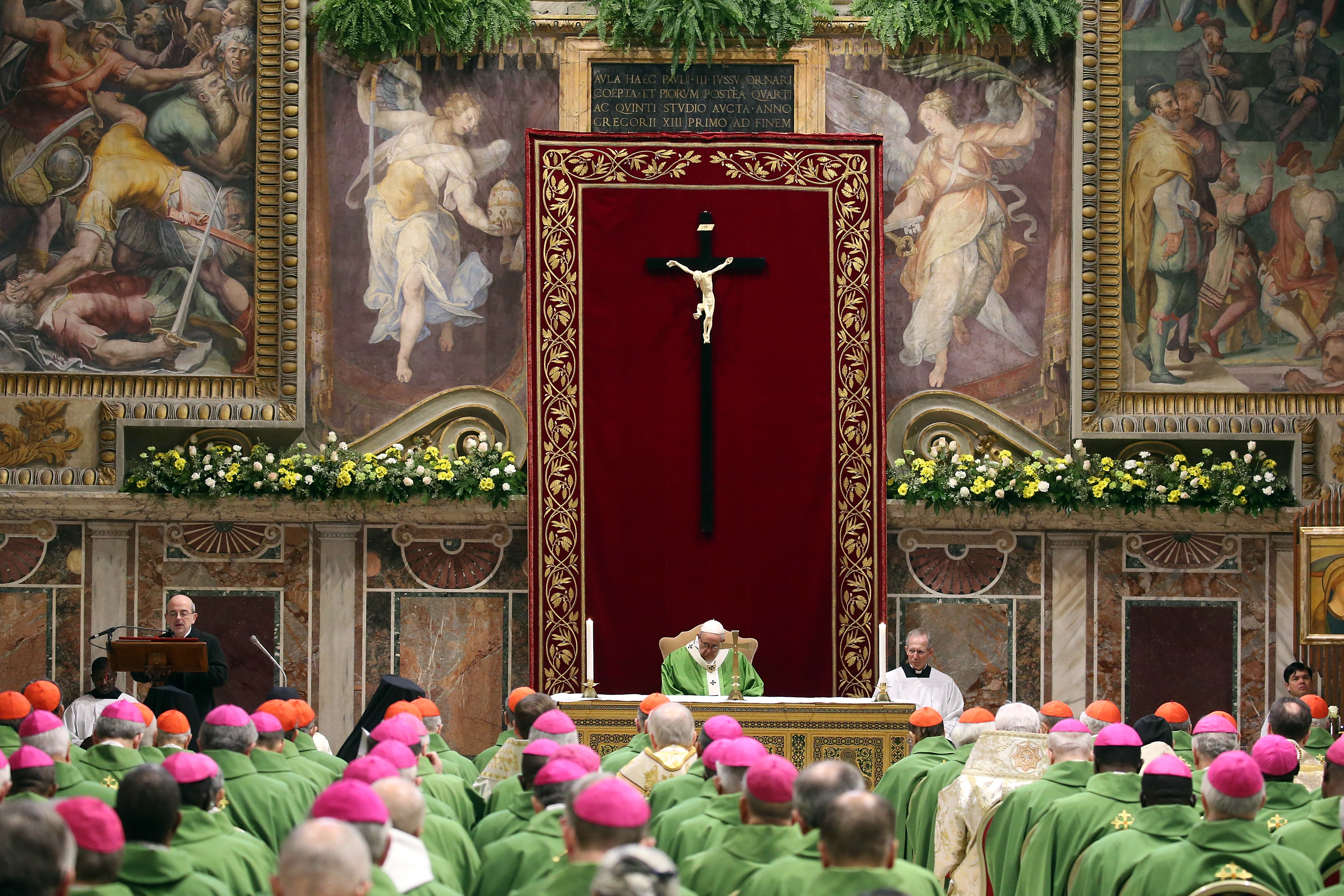There is a tiny speck just about visible on the Brexit horizon, which appears to be growing in size. Few have yet noticed it, though on Tuesday evening Theresa May mentioned it as a possibility. It is called revocation. It means abandoning the whole Brexit project.
Almost inconceivable though it may seem, it is quite possible that events may inexorably pan out this way. As of Tuesday night, the Prime Minister’s draft deal with the EU having been defeated by 149 votes, she announced that there would be a vote to see if the House of Commons wanted to remove the option to leave the EU without any sort of deal on March 29.
If that vote was carried, that is to say if the House of Commons rejected the “No Deal” option, she said there would be a further vote on whether to request the other 27 nations of the EU to allow an extension of the deadline for Britain to leave. Article 50 of the Lisbon Treaty allows any member State to give two years notice of its intention to depart. If it requests an extension beyond those two years, all the other States have to agree.
One obvious response would be for them to ask the purpose of the delay, and to withhold their consent unless they were satisfied that the reason made sense. Giving Britain more time to engage in another round of futile internal squabbling would not be such a reason. And the length of any delay would also be determined by the EU member States, whatever the UK was hoping for. It would be perfectly possible, indeed quite likely, that the EU would only grant a delay if the UK agreed to conduct another referendum. It can see, as increasingly many British commentators are saying, that that is becoming an increasingly likely way out of the Brexit impasse, in the absence of any other.
But Parliament would not be obliged to accept the EU’s conditions nor its proposed timing. There would in effect be a negotiation between the EU and the House of Commons to see if there was a mutually agreed way forward – for instance what kind of second referendum, between what and what? If those negotiations failed, which is entirely possible, there would be only one option left. Under Article 50, until the notice period has expired, Britain retains a unilateral right to revoke its notice to leave. And Britain would remain a full member of the EU.
It is true, incidentally, that Britain could table another Article 50 notice to leave the very next day, thus starting the two year process all over again. This would press the reset button. The EU would not like it, but would have no choice but to allow it. And Britain could begin new negotiations from a different starting point.
Or, suffering from Brexit exhaustion, it could shelve the whole idea. That seems quite likely. And the lesson of this sorry tale would simply be that referendums and parliamentary democracy are incompatible. I have to say I have always thought so. Parliamentary democracy is a relatively incorrupt and sophisticated way of determining the common good. Referendums are crude, and can be bought.
CLIFFORD LONGLEY'S BREXIT WATCH:
Clifford Longley will be writing regular updates on Brexit over the coming weeks. To read more click on the links below.



 Loading ...
Loading ...
What do you think?
You can post as a subscriber user ...
User comments (0)